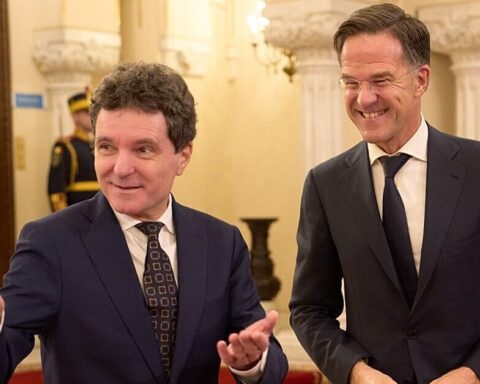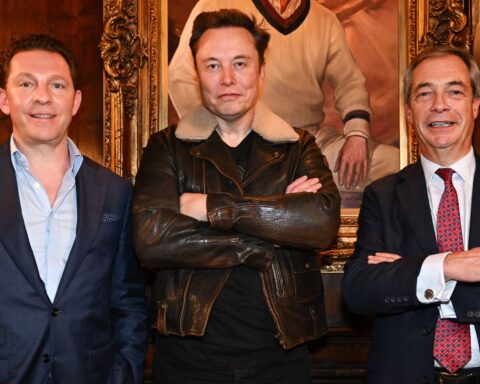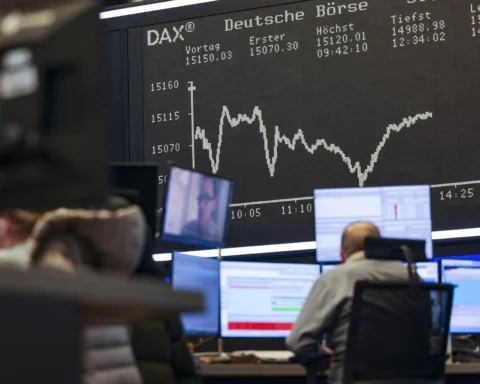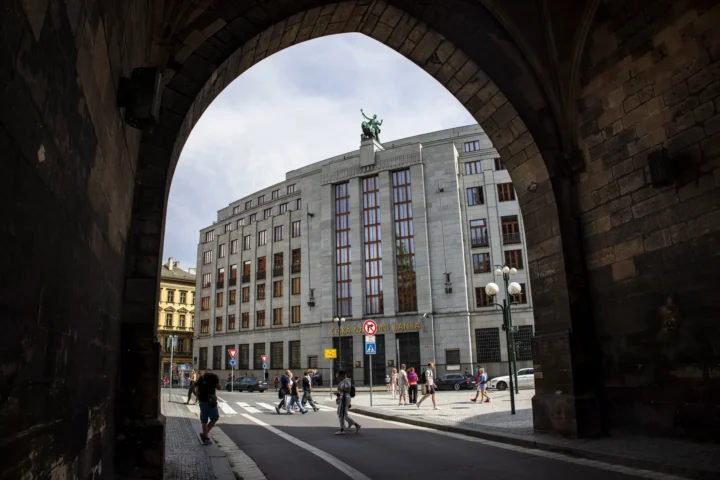European security services are on high alert after Belgian authorities uncovered an alleged terrorist plot targeting several political figures, including Dutch far-right leader Geert Wilders. The foiled plan reportedly involved the use of drones equipped with explosives, signaling a dangerous evolution in extremist tactics across Europe.
The Arrests and Discovery
Belgian counter-terrorism police arrested three men in Antwerp earlier this week in connection with a suspected jihadist-inspired terror plot. The suspects, aged between 18 and 24, were detained during coordinated raids across multiple locations.
During the searches, authorities reportedly discovered a non-functional improvised explosive device, steel balls that could be used as shrapnel, and 3D-printed components believed to be part of a drone assembly. Investigators believe the group had been experimenting with the technology as a means of delivering an explosive payload.
The arrests followed intelligence suggesting the suspects were in the early stages of planning an attack targeting Belgian and possibly Dutch political figures. The primary identified target is believed to have been Belgian Prime Minister Bart De Wever, but other names surfaced, including Antwerp Mayor Els van Doesburg and Dutch politician Geert Wilders.
Geert Wilders’ Reaction
Geert Wilders, known for his outspoken anti-Islam views and populist rhetoric, has long been one of the most heavily guarded politicians in Europe. Following news that his name may have appeared on the suspects’ target list, Wilders announced that he was suspending public appearances and campaign events until more information became available.
In a statement, he said that he had not yet received confirmation from Dutch authorities about the credibility of the threat but would act cautiously. “I am used to living with danger,” he said, “but I will not take unnecessary risks for myself or for others.”
Wilders’ party, the Party for Freedom (PVV), is currently leading in national polls ahead of the upcoming Dutch elections, making him one of the most high-profile political figures in Europe today.
An Evolving Threat
The use of drone technology in the alleged plot has alarmed European security agencies. Drones, which can be purchased cheaply and modified easily, pose a growing challenge to law enforcement and counter-terrorism efforts. They can be used to bypass traditional security perimeters, making them an appealing weapon for extremist groups seeking to carry out targeted attacks.
Investigators are also looking into the suspects’ backgrounds. Two of them reportedly have roots in conflict-prone regions and were previously monitored for signs of radicalization. While no direct links to established terror networks have yet been confirmed, authorities believe the men may have been inspired by extremist propaganda online.
The case highlights the persistent challenge of homegrown extremism in Europe—where individuals, often acting independently or in small groups, can rapidly transition from radical ideology to operational planning.
Security Concerns in Belgium and the Netherlands
The alleged plot has triggered heightened security measures across Belgium and the Netherlands. Belgian Prime Minister Bart De Wever’s residence is now under reinforced protection, and additional police patrols have been deployed in Antwerp and Brussels.
In the Netherlands, intelligence services have reportedly increased surveillance around key political figures and public events. The Dutch National Coordinator for Counterterrorism and Security (NCTV) has warned that the overall threat level remains “substantial,” citing the potential for copycat plots inspired by recent arrests.
The timing of the incident has also drawn attention. With the Dutch elections just weeks away, any confirmed threat against Wilders could have a ripple effect on the campaign, public sentiment, and security protocols surrounding political events.
Political and Social Implications
The revelation of a cross-border terror plot comes at a moment of growing polarization across Europe. Geert Wilders’ rhetoric on immigration and Islam has made him a divisive figure—admired by supporters for his uncompromising stance on national identity, and condemned by critics who accuse him of stoking intolerance.
If confirmed, the targeting of both Belgian and Dutch politicians reflects the increasingly international scope of extremist ideologies. Analysts say that radical groups are shifting from broad mass-casualty attacks to more symbolic, high-impact operations that seek to intimidate public officials and destabilize democratic discourse.
The plot also raises questions about the role of technology in modern terrorism. As drones, 3D printers, and encrypted communication tools become accessible to the public, law enforcement faces a growing challenge in tracking and intercepting threats before they materialize.
A Fragile Calm
For now, the swift action by Belgian authorities appears to have averted a potential tragedy. The suspects remain in custody as prosecutors build their case, and further arrests have not been ruled out.
Meanwhile, Geert Wilders continues to campaign under heavy security. Despite the risks, he has vowed not to be silenced by threats. “They can try to intimidate me,” he said, “but they will not stop me.”
The unfolding investigation serves as a stark reminder that even as Europe strengthens its counter-terrorism frameworks, the threat of politically motivated violence continues to evolve—now armed with new tools, new motives, and renewed determination.






















